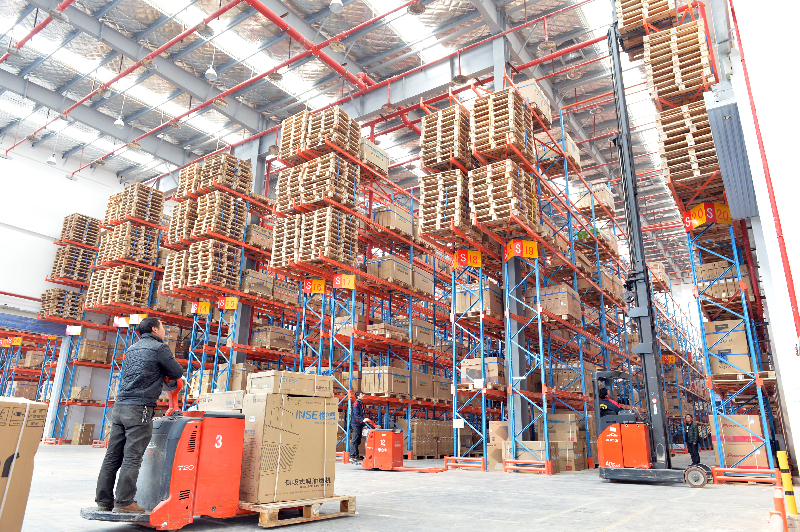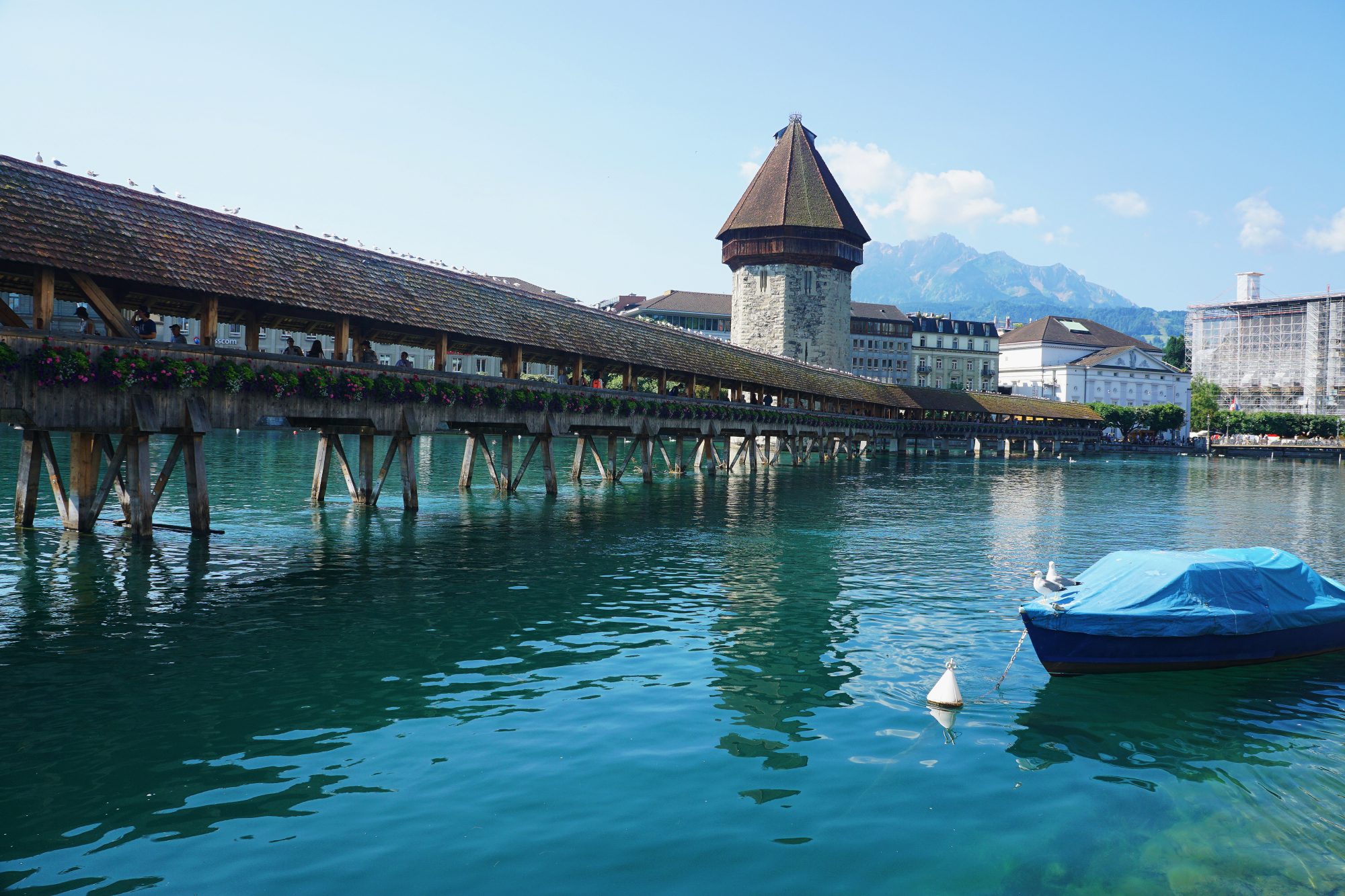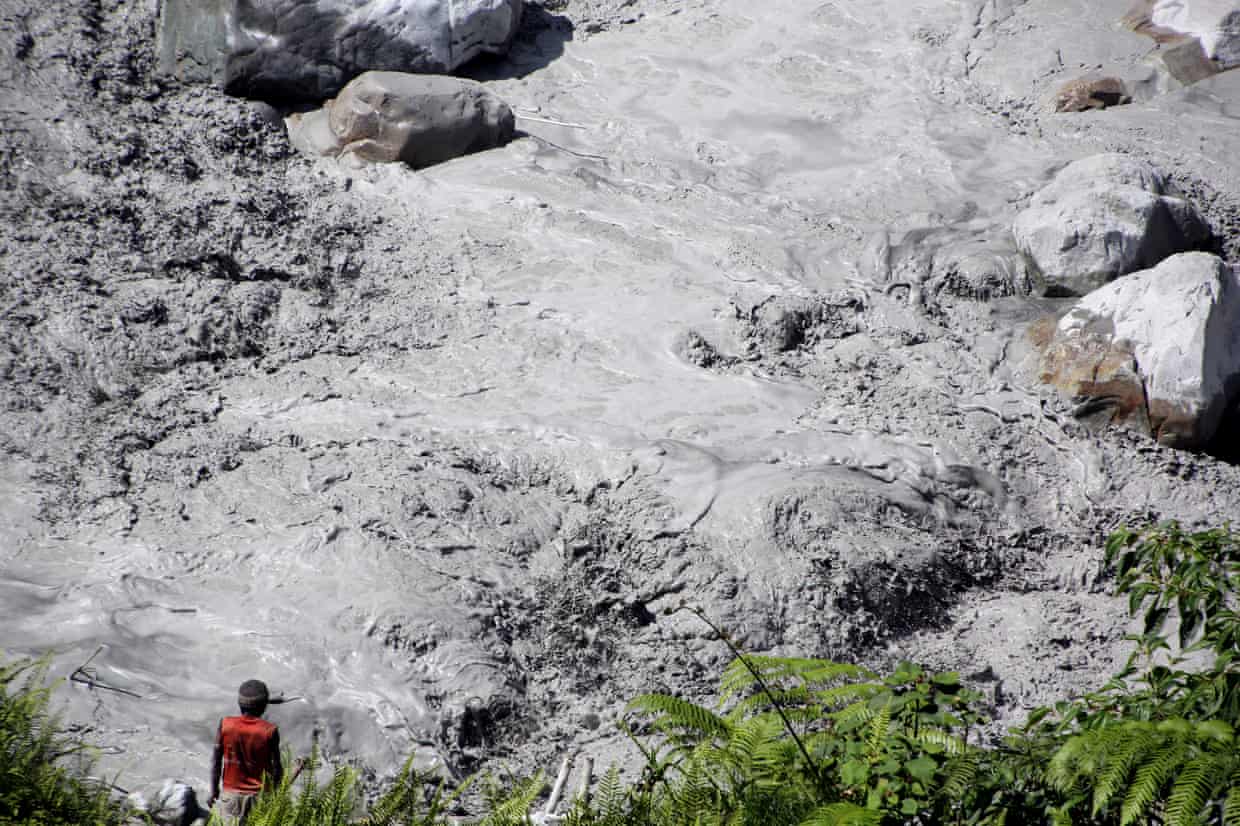Indonesia’s economy has been in a decline over the past 2 year due to the fall of its exchange rate against the U.S. Dollar, and it has not fully recovered since then. Frustrated with the poor economic situation, the government made a new regulation, Bonded Logistic Park.
Bonded Logistic Park is a special economic zone that has a special custom supervised areas; it enables companies both in domestic and international markets to make logistic cost more efficient by allowing imported goods to be stored up to three years without paying the import related taxes until it was sold to the customer.

As a result, there is a reduction of cost of stocking goods by 25% and dwelling time from 5 days to only 1.2 days (The Jakarta Post, 2016). It also allows for companies to use a single import license for all kinds of products, instead of one import license per customer or supplier per product.
In my opinion, this is one of the greatest move that Jokowi, President of Indonesia, has executed since the day he was elected. Jokowi saw the potential in Indonesia to be a logistic hub in the Southeast Asia region. Back then, the cost to import goods in Indonesia was extremely high due to the fact that large ships cannot dock in Indonesia’s port so these ships needs to do transits in either Singapore or Hong Kong to move the goods into smaller vessels. It is actually weird to think that a small country, Singapore, which does not have as much as resources as Indonesia can have a lower logistic cost (Sari Djalal, 2016).

Even though Indonesia lacks in the technological advancement compared to Singapore and Hong Kong, the government acknowledges their advantages such as their strength in the number of human resources available, the total size of the land and the vast oceans and are using it as a key to take the role of the ports Singapore and Hong Kong to be the centre of the Asia Pacific market. The opening of a new port, Teluk Lamong, in Surabaya will also boost their strength to increase the market coverage to evenly spread logistic distribution network which will especially lead to a stronger economy in the Eastern part of Indonesia.
In the other hand, by looking this more into the future, this regulation will certainly kill the middle class company that cannot match the price offered by that of companies that use the Bonded Logistic Park’s license; middle class players mostly rely on their single license single buyer import policy, and this regulation will most likely exclusively benefit the company that has a Bonded Logistic Park license. Will this government intervention and opportunities will be accepted by the whole community? Only time can tell.
Words Count : 450
Sources:
Govt Inaugurates 17 New Bonded Logistic Center. (2016). Retrieved from http://www.thejakartapost.com/news/2016/10/20/govt-inaugurates-17-new-bonded-logistic-centers.html
Asngadi, S. (2015). Pusat Logistik Berikat (PLB) VS Gudang Berikat (GB), Apa manfaatnya buat Pengusaha Importir? Retrieved from http://www.transformasi.net/articles/read/186/pusat-logistik-berikat-vs-gudang-berikat.html
Fauzi, Y. (2017). Ditjen Bea Cukai Ingin Contek Pusat Logistik Berikat China. Retrieved from https://www.cnnindonesia.com/ekonomi/20170413173021-92-207436/ditjen-bea-cukai-ingin-contek-pusat-logistik-berikat-china/
Sari Djalal, D. (2016). Singapore Tops List of ASEAN Countries on 2016 Logistics Performance Index, Ranked 5th Globally. Retrieved from http://www.worldbank.org/en/news/press-release/2016/09/15/singapore-tops-list-of-asean-countries-on-2016-logistics-performance-index-ranked-fifth-globally
Jokowi Opens Bonded Logistics Centers to Improve Indonesia’s Competitiveness. (2016). Retrieved from https://www.indonesia-investments.com/news/todays-headlines/jokowi-opens-bonded-logistics-centers-to-improve-indonesia-s-competitiveness/item6589?
Tinting, J. (2014). Suning Prepares Logistics Campaign in Guanshanhu. Retrieved from http://www.chinadaily.com.cn/m/guizhou/guiyang/2014-04/22/content_17453293.htm


